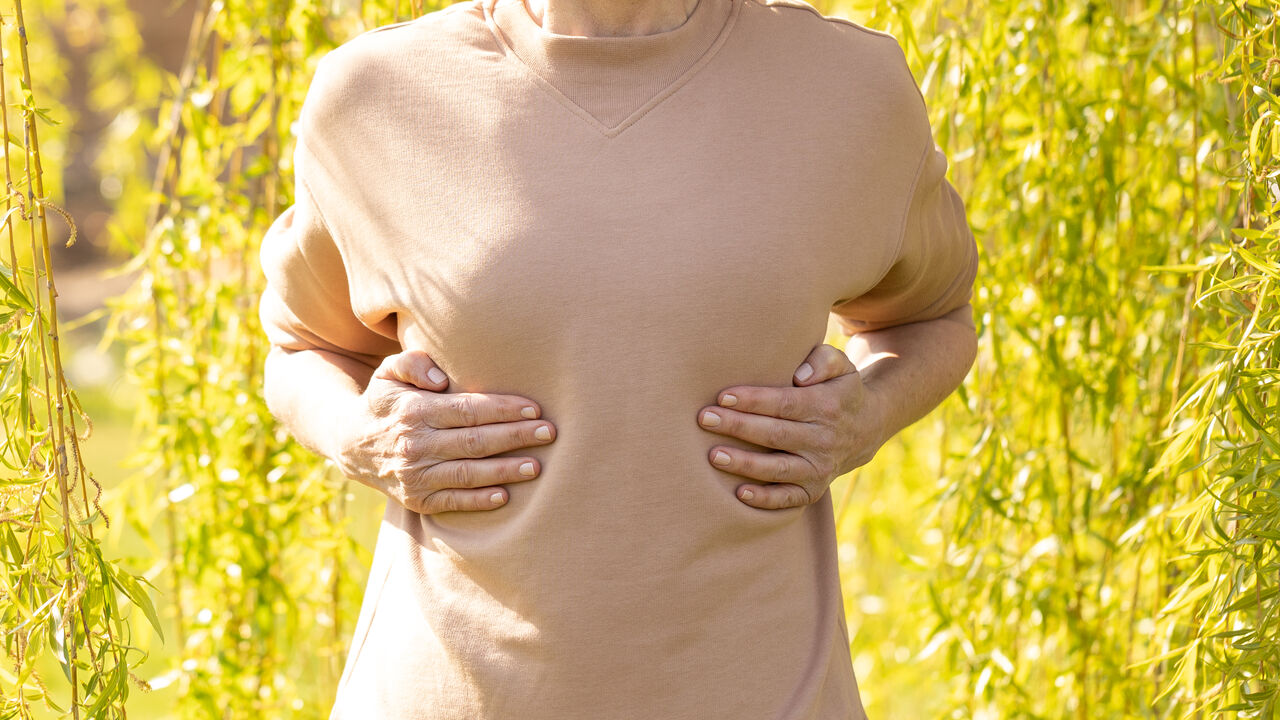
Take a deep breath
When Covid 19 hit in March 2020 I attended an online webinar from a cardiologist and also a respiratory specialist from two London teaching hospitals. It was early days when no-one really knew what was happening from a medical point of view, however the respiratory consultant said that physiotherapists are going to be very busy managing the effects of Covid on the lungs teaching breathing exercises......and four years on this consultant could not have been more correct. Breathwork has become a huge part of my clinical practice. It always has been part of my scope of practice but today we are so much more aware about breathing and how it affects our health and wellbeing. So what constitutes effective breathing ? How can we help ourselves to 'breathe better' ?.
Low & slow is the mantra
Slow, deep breathing can help to calm the nervous system and help to reduce stress. Breathe in through the nose for 4 counts and then pause and breathe out for 8 counts. This does take time to achieve and takes practice. Do not hold your breath or hyperventilate.
Diaphragmatic breathing
Places the emphasis on the diaphragm. If you place your hand on the diaphragm (upper abdomen) and one on your chest, you can encourage the breath to go more into your abdomen and thus breathe deeper into your lungs rather than into the upper chest, apices of the lungs.
Mindfullness meditation
Meditation can help by paying attention to your breath and bringing your focus to it whenever your mind wanders. This can help you become more aware of your breathing patterns and learn to control them more effectively.
Posture
Certain postures facilitate 'better breathing'. Standing up and opening the front of the chest, as in a Yoga sun salutation, pulling the shoulders back and lifting your chest can help with taking fuller, deeper breaths.
Regular exercise
Regular exercise will improve lung functionand increase your lung capacity. Especially aerobic exercise such as walking, running, cycling or swimming.
Stay hydrated
Drinking plenty of water helps to to keep your respiratory system hydrated.
Avoid shallow breathing
Shallow breathing, which involves taking quick, shallow breaths, can contribute to feelings of anxiety or stress. Practice deep, low and slow breathing to counteract this but seek professional help if necessary if you have chronic breathing difficulties or a specific medical condition that needs specialist medical help and diagnosis.